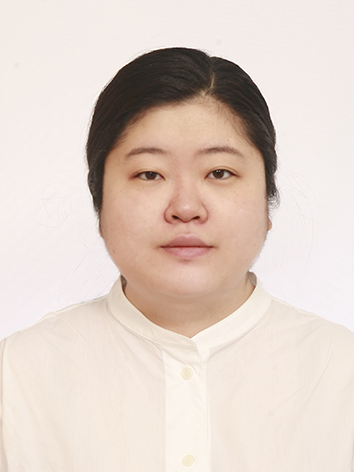South Korean foreign minister meets Russian counterpart, slams defense ties with North
Published: 28 Jul. 2024, 15:36
-

- LIM JEONG-WON
- lim.jeongwon@joongang.co.kr
![South Korean Foreign Minister Cho Tae-yul, right, speaks with his Russian counterpart Sergey Lavrov on the sidelines of the Asean Plus Three foreign ministers’ meeting at the National Convention Center in Vientiane, Laos, on Saturday. [MINISTRY OF FOREIGN AFFAIRS]](https://koreajoongangdaily.joins.com/data/photo/2024/07/28/2bfb543a-a723-444b-a989-8ca8ac5aed35.jpg)
South Korean Foreign Minister Cho Tae-yul, right, speaks with his Russian counterpart Sergey Lavrov on the sidelines of the Asean Plus Three foreign ministers’ meeting at the National Convention Center in Vientiane, Laos, on Saturday. [MINISTRY OF FOREIGN AFFAIRS]
South Korean Foreign Minister Cho Tae-yul conveyed a message condemning increasing Pyongyang-Moscow military ties directly to Russian Foreign Minister Sergey Lavrov at a multilateral forum on Saturday.
Cho made the remarks at the National Convention Center in Vientiane, Laos, where the Asean Plus Three foreign ministers’ meeting was held. All 10 Asean member states and Japan, China, the United States, Australia, New Zealand and India were present.
“North Korea is clearly violating numerous UN Security Council resolutions through its nuclear and missile development and military cooperation with Russia, and is threatening peace and stability on the Korean Peninsula and in the region,” said Cho, according to the Foreign Ministry. “The East Asia Summit (EAS) countries must clearly send a firm and united message that denuclearization is North Korea’s only option.”
Cho also emphasized that international efforts to cut off North Korea’s nuclear development funding sources are also important.
The EAS countries refer to the 10 Asean countries, as well as South Korea, Japan, China, the United States, Australia, New Zealand, India and Russia.
During the ministerial meeting, Cho also expressed deep concern over the worsening humanitarian situation in Ukraine and reaffirmed that South Korea will continue supporting Kyiv in various ways.
Afterward, Cho had a brief separate meeting with Lavrov and conveyed South Korea’s stern stance on the recent strengthening of military cooperation between North Korea and Russia.
In response, Lavrov reportedly reiterated his existing position that cooperation with North Korea did not violate UN Security Council resolutions and that the recently signed comprehensive strategic cooperation treaty with Pyongyang was defensive in nature.
“You can't manage a situation with no communication,” a senior government official said Sunday, explaining that the goal of the meeting was to establish a contact point with the Russian side in terms of managing Moscow’s growing ties with Pyongyang.
This is the first time Cho has spoken with Lavrov since taking office earlier this year. Cho had not even spoken with him through a customary phone call after taking office.
Cho further criticized North Korea-Russia cooperation at the Asean Regional Forum (ARF) that followed.
The ARF is a regional ministerial-level multilateral security consultative body in which North Korea participates. North Korea’s ambassador to Laos, Ri Yong-chol, attended as a representative instead of Foreign Minister Choe Son-hui.
According to a senior South Korean government official who attended the meeting, Ri and Lavrov were “strongly critical of the United States from start to finish” during the conference.
In particular, when North Korea criticized the United States for making militarily threatening moves in the Indo-Pacific region, Cho reportedly countered by saying that it was “unjustified criticism,” remarking that the United States and South Korea are “working together to strengthen extended deterrence to deter North Korea's nuclear provocations.”
Cho also addressed the South China Sea and Taiwan Strait issues at the EAS meeting, which China also attended. Wang Yi, a member of the Communist Party's Central Political Bureau and Minister of Foreign Affairs, was present at the meeting.
“Cho emphasized the importance of freedom of navigation in the waters of the South China Sea, compliance with international law, including the UN Convention on the Law of the Sea, and the establishment of a rules-based maritime order,” the South Korean Foreign Ministry said, noting that peace, stability and security in the South China Sea are closely linked to South Korea's economic security.
“South Korea will continue to emphasize the importance of maintaining peace and stability in the Taiwan Strait,” Cho said.
Wang Yi reportedly toned down his remarks at the EAS foreign ministers' meeting and the ARF to give the impression that, unlike North Korea and Russia, he was playing a constructive role in promoting peace and stability in the region.
BY LIM JEONG-WON [lim.jeongwon@joongang.co.kr]










with the Korea JoongAng Daily
To write comments, please log in to one of the accounts.
Standards Board Policy (0/250자)